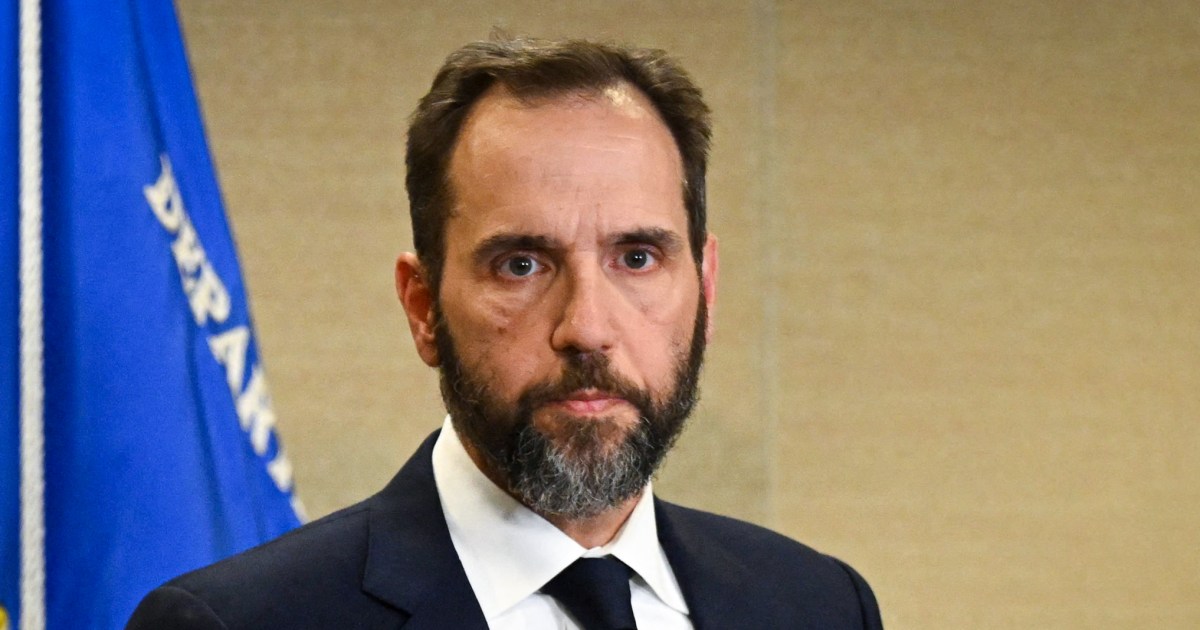
Special counsel Jack Smith strongly criticized a recent order by the judge presiding over the case of former President Donald Trump’s alleged mishandling of classified documents, saying that her request for jury instructions from his office and Trump’s lawyers is based on a “fundamentally flawed legal premise.”
In a court filing Tuesday, Smith argues that the legal premise behind Judge Aileen Cannon’s request is “wrong” and that it would “distort” the trial. The special counsel urged Cannon to “promptly” decide whether the legal premise in question represents a “correct formulation of the law,” and indicated that federal prosecutors might file an appeal if the judge rules against them.
Cannon last month directed Trump and the special counsel to submit jury instructions framed with two competing scenarios concerning the Presidential Records Act as it relates to the charges brought against Trump under the Espionage Act accusing him of mishandling of classified documents.
The first scenario Cannon outlined allows the jury to review records and determine which documents Trump retained are “personal” or “presidential” under the Presidential Records Act. In the second scenario, Cannon instructed lawyers to draft instructions based on the assumption that presidents have the “sole authority” under that act to lawfully retain documents at the end of their term by declaring them as “personal” or “presidential” records, aligning with Trump’s defense in the case.
“Both scenarios rest on an unstated and fundamentally flawed legal premise — namely, that the Presidential Records Act (‘PRA’), and in particular its distinction between ‘personal’ and ‘Presidential’ records determines whether a former President is ‘authorized,’ under the Espionage Act to possess highly classified documents and store them in an unsecure facility,” Smith’s team wrote in the filing.
In a Tuesday filing responding to Cannon’s order, Trump’s lawyers maintained that the Presidential Records Act gives Trump the authority to decide whether a record is personal or presidential and suggested the judge’s request is consistent with that assertion. They also argue that the Espionage Act is unconstitutionally vague about the handling of presidential records and therefore prosecutors lack the legal grounds needed to bring charges against Trump.
Trump faces multiple charges in the classified documents case against him, including willful retention of national defense information, false statements and representations, conspiracy to obstruct justice, withholding a document or record and corruptly concealing a document.
The former president has pleaded not guilty to all counts. His co-defendants in the case, Walt Nauta and Carlos De Oliveira, have also pleaded not guilty to related charges. Trump in February moved to dismiss the classified documents indictment in Florida, arguing that on the basis of presidential immunity he cannot be prosecuted.
Cannon last month denied Trump’s motion to dismiss the case as constitutionally vague and expressed skepticism over his lawyers’ argument for tossing out the case based on the Presidential Records Act.